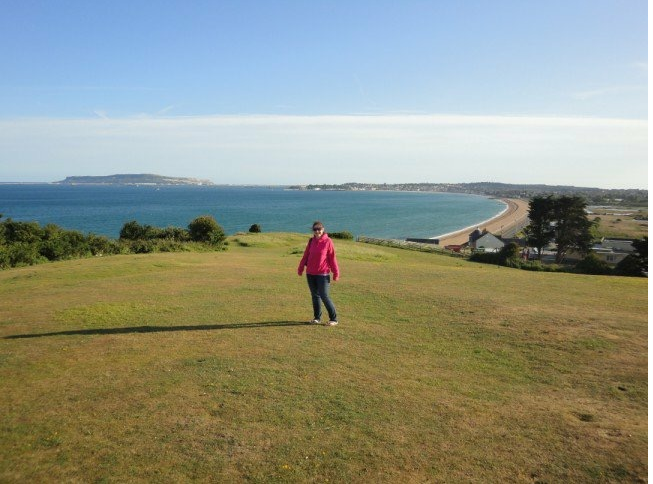 I think the hardest thing with a mental illness is the fact that you don’t ‘look’ ill. If I have a cold or an injury, I will quite happily moan about my cold for days! Yet, I will barely be able to look someone in the eye and say ‘I have an eating disorder.’ I suppose it’s the fear of people’s reactions.
I think the hardest thing with a mental illness is the fact that you don’t ‘look’ ill. If I have a cold or an injury, I will quite happily moan about my cold for days! Yet, I will barely be able to look someone in the eye and say ‘I have an eating disorder.’ I suppose it’s the fear of people’s reactions.
Last summer I spent 2 months as a day patient in an eating disorder unit. Not many people know that, because I felt too ashamed and embarrassed to tell anyone. I was a 30 year old woman, married and with a baby – how on earth could I have an eating disorder? How on earth could I tell people about it? In the end other people realised anyway and started to confront me, which terrified me. I denied everything most of the time that anyone questioned me about my weight loss and my low mood. I wasn’t prepared to accept the fact that I had a mental illness and that made talking about it even harder.
One of the situations I’ve found hardest since trying to recover from my eating disorder is the fact that people ‘assume’ you’re better. Physically, I have put on weight. My body may be ‘better’ but my mind is not. My mind still feels as mixed up about food, my body image and my confidence as it did when I was at a completely lower weight. But to other people looking in at my life, I am ‘better’, because I ‘look’ better. When I started to put on weight after my time spent in hospital people used to say ‘you look so much better now’ and I’d be devastated. I’d cry in the toilets at work, or with my friends, because I felt so hopeless.
Food & weight are only a part of eating disorders
If I was giving any advice to anyone deciding to talk to someone with an eating disorder, I’d really advise them not talk about weight or size. An eating disorder is a serious mental illness, and food and weight are only an aspect, there’s a lot more going on and it’s not helpful to focus on that. When I was at my worst people who didn’t realise I was ill, used to compliment me on my weight loss and I then felt torn because I knew I wasn’t right, but then positive comments on my weight loss fed into my eating disorder and made me feel like I couldn’t stop or I would put on weight again.
I also think it’s very hard for a person with an eating disorder to accept that they have an illness. For a long time I completely denied I was ill. Even being off work, going into hospital and having on going treatment wasn’t enough for me to accept that I was ill. I don’t know what really made me see that I was ill and it was okay to talk about it, but only recently I have begun to accept it. I can see logically that my friends aren’t scared to eat a sandwich and I can see that I do have a problem.
The stigma made me want to keep it a secret
I know for me that the stigma attached to having an eating disorder made me want to keep it a secret, and my eating disorder fed on the lies and the fact that I felt I couldn’t tell anyone. But now I feel I want to talk about it. I want to talk about it because it’s not fair that eating disorders have such a stigma attached to them. It’s not fair that so many people are still struggling, and it’s not fair that there are so many misconceptions about eating disorders.
From the outside looking in, I don’t “look” like I have a mental illness. I have a husband, a child, a house, a car, a job, friends, family. I might not “look” like I have an eating disorder, but that doesn’t mean that I haven’t been very ill, or that I have to fight every single day to get better and stay well, and it’s a fight for me, that I will have to do every single day for the rest of my life.
What do you think of Victoria’s blog? Tell us in the comments.
(c) Time To Change – Eating disorders – Read entire story here.